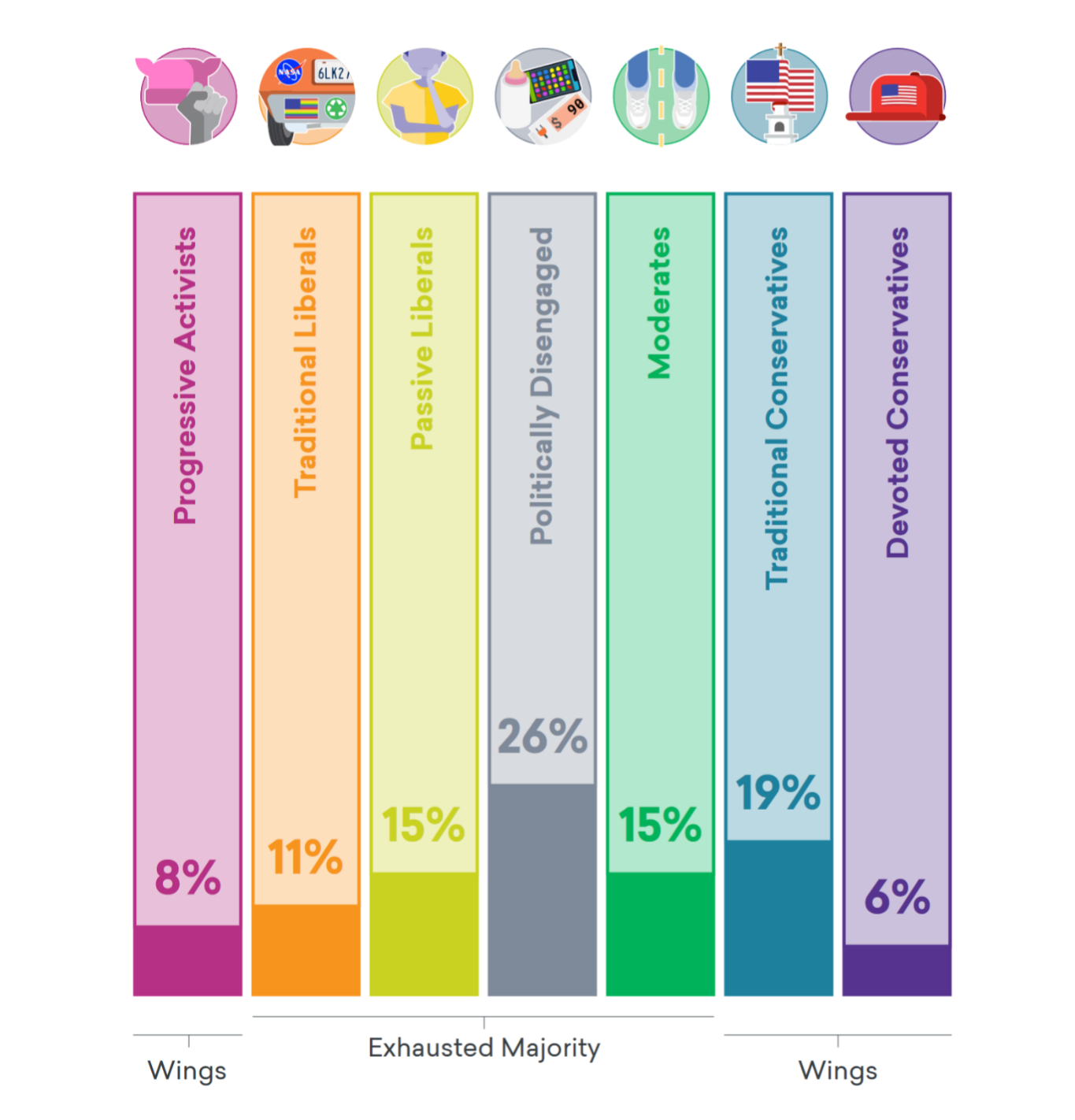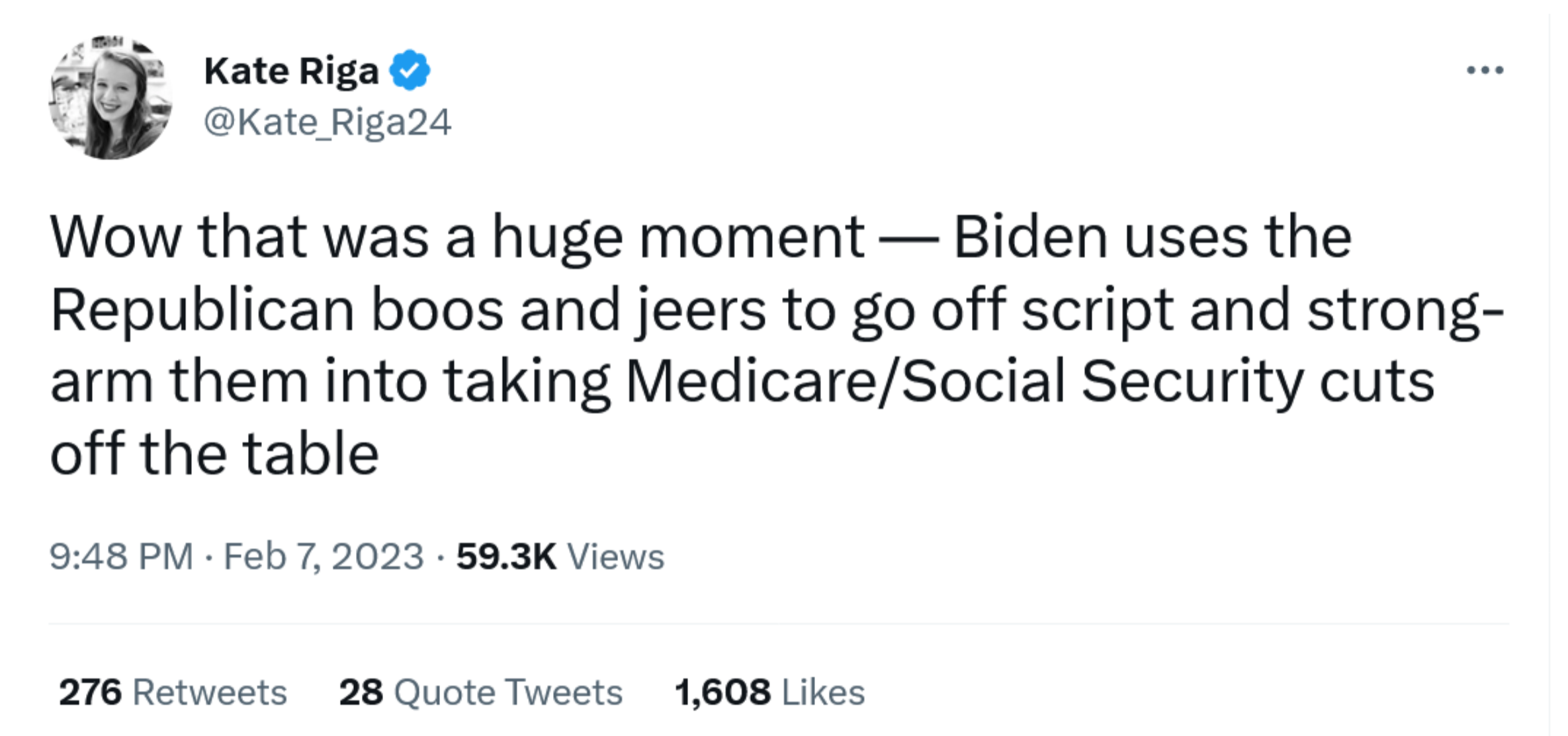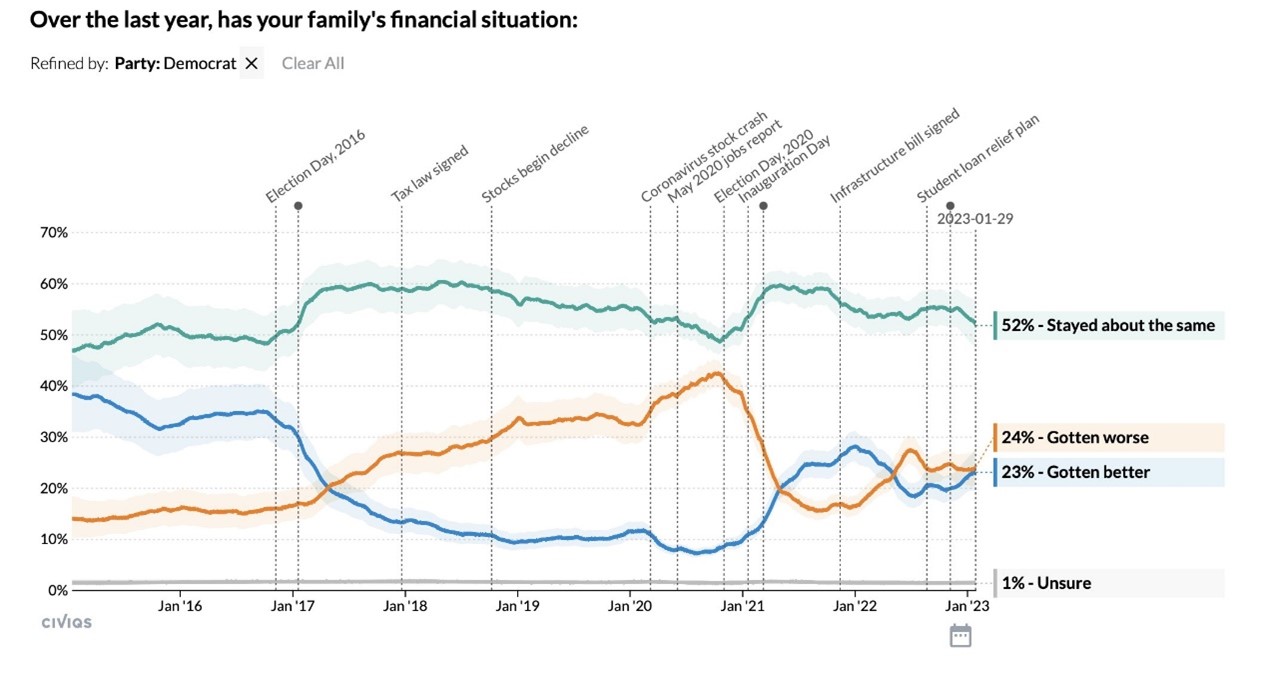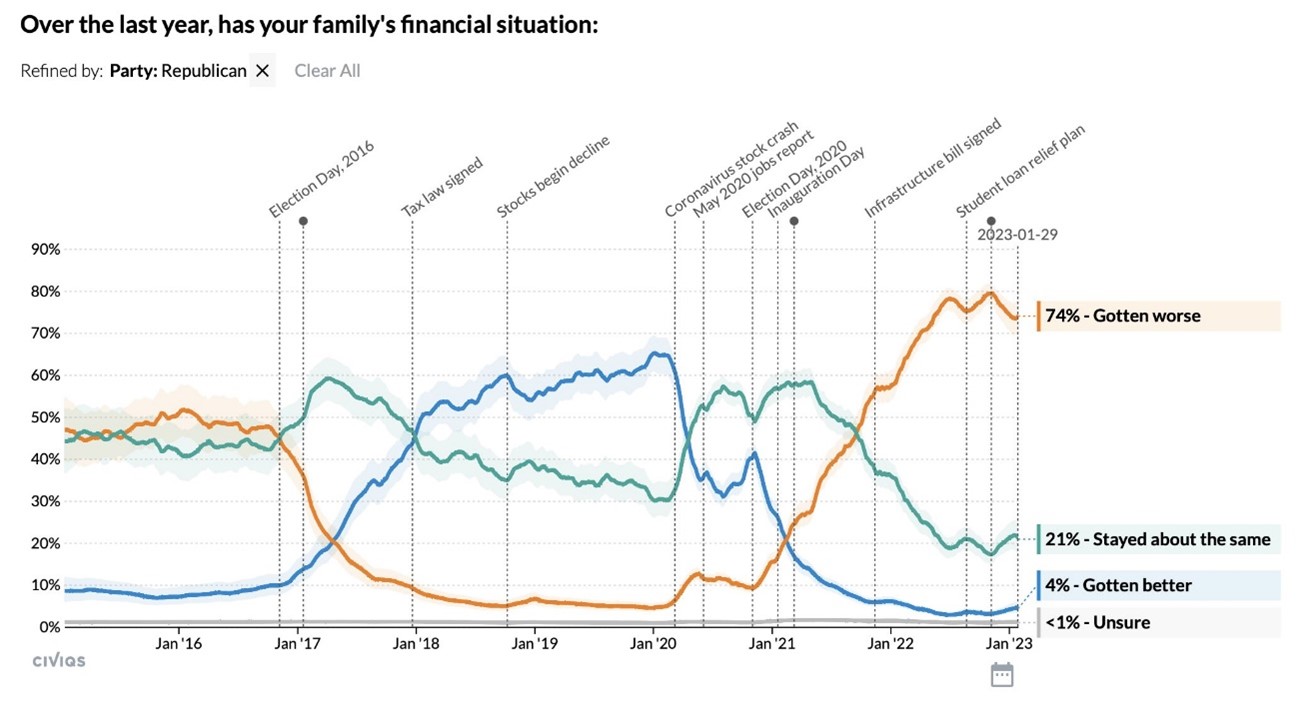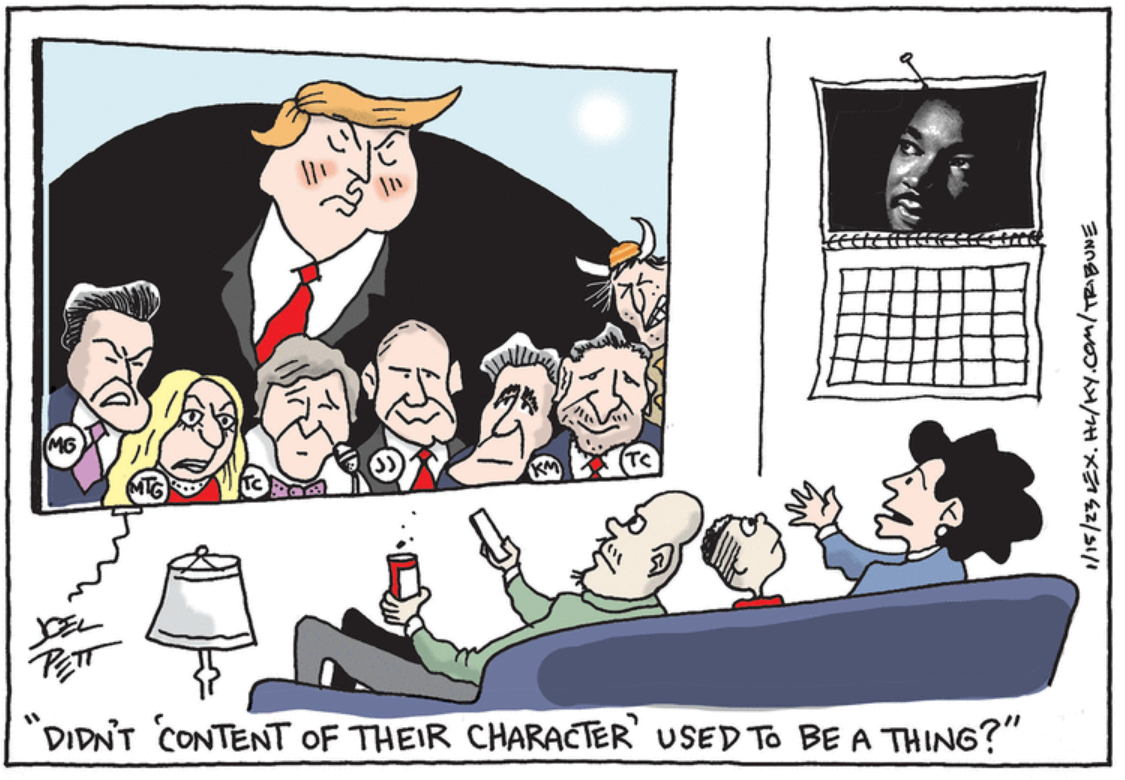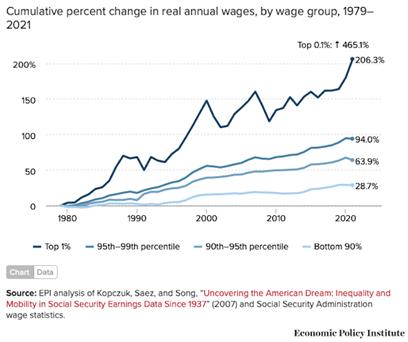The Daily Escape:

Poppy bloom, Picacho Peak SP, Picacho, AZ – February 2023 photo by Leila Shehab
Wrongologist blog commenter Terry McK had this to say responding to Wrongo’s post about Speaker McCarthy and his lieutenant Marjorie Taylor Green’s antics surrounding gifting Tucker Carlson with the J6 videos:
“We lie to ourselves about the nature of our government…..Nor have we a marketplace of ideas. We could have – but the marketplace is dominated by the intellectual equivalent of soda and snacks….Now most speeches are performance art delivered to an empty chamber. ”
He’s correct. Here are a few recent developments that track with Terry’s thinking. First, Joe Perticone in the Bulwark: (emphasis by Wrongo)
“A strange proposal is working its way through the Idaho state legislature that would have that state envelop more than a dozen of Oregon’s most conservative eastern counties—in effect, shifting the border between the states 200-plus miles to the west. While last Wednesday’s vote in the Idaho House approving this “Greater Idaho” idea is nonbinding, it does legitimize the movement that has long been promoting the plan.”
A Bluer Oregon and a Redder Idaho. This movement is by the far-Right members of Idaho’s government. And among the 15 Oregon counties targeted to become part of Idaho, 11 have so far formally expressed their support for the plan. So unlike Taylor Greene’s rantings about a national divorce, this idea has a lot of elected officials on board.
Second, Ars Technica reports that:
“Two Republican lawmakers in Idaho have introduced a bill that would make it a misdemeanor for anyone in the state to administer mRNA-based vaccines—namely…COVID-19 vaccines made by Pfizer-BioNTech and Moderna.”
This probably won’t go anywhere. And state-level politicians everywhere also have tons of bad ideas.
Finally, a sober look how some of the wealthy in the fancy towns across the western US are angling for succession or civil war comes from Vanity Fair’s James Pogue. Writing about Jackson Hole, Wyoming:
“…there was a constant traffic of small jets and private aircraft, humming into and out of a town that has become a modern refuge for people with remote jobs…many of them driven to the Northern Rockies by a worry…that the rest of America is on its way toward environmental, political, or economic breakdown.”
Pogue speaks with Catharine O’Neill, great-great-granddaughter of John D. Rockefeller. She’s a Conservative who worked in Trump’s State Department and after the 2020 election moved to Wyoming:
“She…views the corporate elite as enemies of America and believes that we’re on the cusp of a populist uprising against the brand of transnational capitalism championed by Republicans for most of the last half-century.”
She lives on a 580-acre “vertically integrated cattle operation” she started. Today she’s anti both Parties but would happily vote for Tucker Carlson if he’d step forward. These are the thoughts of the “dissident right”. A few of the wealthy have created secretive groups to help people “exit’ from society and from what they see as a failing American system.
From Pogue:
“Who even needs a civil war,” one…texted me recently, “when the institutions are doing such a good job of delegitimizing themselves?”
This cohort sees the Northern Rockies as one of a few places in America that will be livable once life in much of America is fighting heat waves, floods, storms, and fires. They’re focused on how to live through “managed decline,” the wind-down period after the age of cheap fossil-fuels and rapid economic and technological progress wane.
They’re certain that will also bring about the erosion of America’s “state capacity”, the government’s ability to do things. Then our “real economy” will hollow out, and our political divisions will worsen, even more than currently.
But this movement isn’t only supported by the wealthy. Average American workers are increasingly priced out of housing and better educational opportunities for their kids. Many of these workers have service jobs that support the wealthy from Los Angeles to Jackson Hole, and from Cape Cod to Miami Beach. A Moody’s Analytics report says that for the first time in 20 years, the average American is “rent-burdened”, meaning they put at least 30% of their income towards housing.
This makes many middle class Americans very susceptible to arguments by the dissident right about how corporate elites and modern capitalism are hurting their chances to realize the American Dream. This was the basic thrust of the “Occupy Wall Street” movement in 2011. Now, the right wing is trying to take up their cause.
Will there be a second civil war? It doesn’t need to be a war. People don’t understand how easy it would be to launch an insurgency in America. We should take a lesson from the way the Taliban defeated the American military using small arms, and there are plenty of small arms in America. Insurgencies are less a war than an extended political conflict, in which the insurgents try to get governments to overreact. And when they inevitably do, the insurgents build support. It doesn’t take all that much to create a plausible scenario for conflict.
This is Wrongo’s second wakeup call this week. We can’t do much about the wealthy who tell themselves that they’re better off without America.
But we can and must do a lot to persuade average Americans not to fall victim to their rhetoric.
Jimmy Carter’s 1976 stump speech included this:
“I’ll never lie to you”…and…”we need a government as good as its people…”
Would living his message today help us hold the country together?


